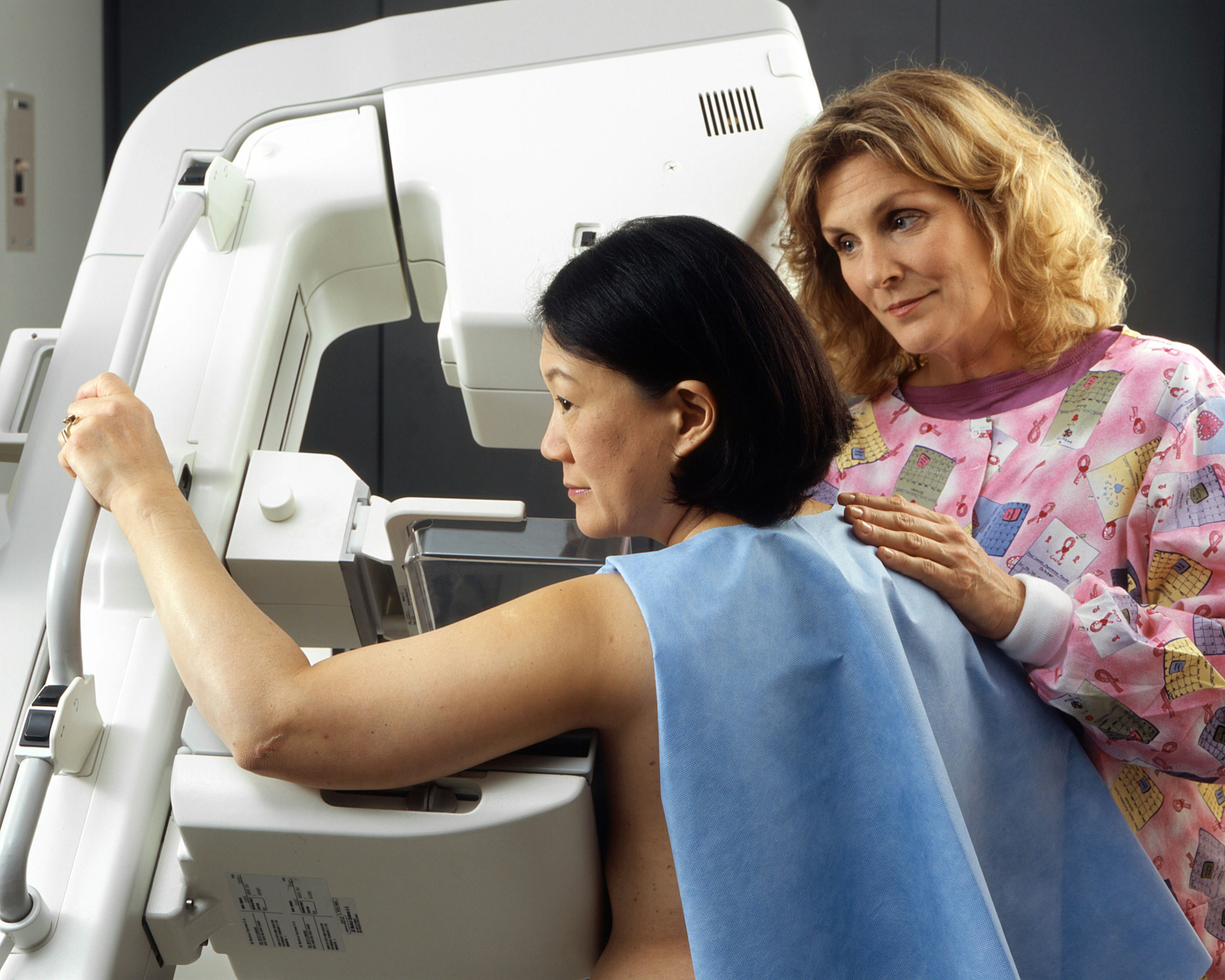News release
From:
False-positive mammography result may discourage women from subsequent screening
A large, multi-center cohort study of more than 3 million screening mammograms in over 1 million patients aged 40 to 73 found that women were less likely to return for subsequent mammography screenings if they had a false positive recall for additional imaging or biopsy. This finding raises concerns about the potential unintended consequence of false-positive results on the continued participation of women in routine breast cancer screening. The study is published in Annals of Internal Medicine.
Cancer screening aims to catch cancer early, improving outcomes. Breast cancer screening has reduced breast cancer mortality but also comes with risks, like false positives, which are more common in younger women with denser breast tissue. Researchers from the University of California, Davis studied all screening mammograms performed from 2005 to 2017 among women aged 40 to 73 years at 177 breast imaging facilities participating in 6 U.S.-based Breast Cancer Surveillance Consortium (BCSC) registries to evaluate the association between screening mammography results and the probability of subsequent screening. The cohort included information on age, race and ethnicity, and at least 30 months of data collection after mammography to capture subsequent screening and breast cancer diagnosis. The researchers noted whether the patient had a true-negative result or a false-positive recall where they were recommended for immediate additional imaging only, short-interval follow-up, or biopsy. Then, the authors looked at absolute differences in the probability of returning for a screening within 9 to 30 months by screening result. They found that 77% of women with a true negative result returned for subsequent screening, and this percentage decreased by 2 percentage-points following a false-positive recall for additional imaging only, 16 percentage-points following a false-positive short-interval follow-up recommendation, and 10 percentage points following a false-positive biopsy recommendation. Among race/ethnic subgroups, Asian and Hispanic/Latinx women were least likely to return for future screening mammograms after a false positive result.
The authors of an accompanying editorial from Princess Margaret Cancer Centre, UHN - University Health Network - Toronto, ON, Canada suggest that these findings raise important questions about breast cancer screening, especially the guideline-recommended age to start. The 2024 U.S. Preventive Services Task Force recommends starting breast cancer screening at age 40. In the study, 29% of participants were aged 40-49 and 35.8% were 50-59. Since screening for ages 40-49 wasn't standard when the study was conducted. The authors agree that future studies are needed to both increase understanding of reasons for decreased breast cancer screening attendance after false positives and to evaluate interventions to improve subsequent screening rates.



 International
International


